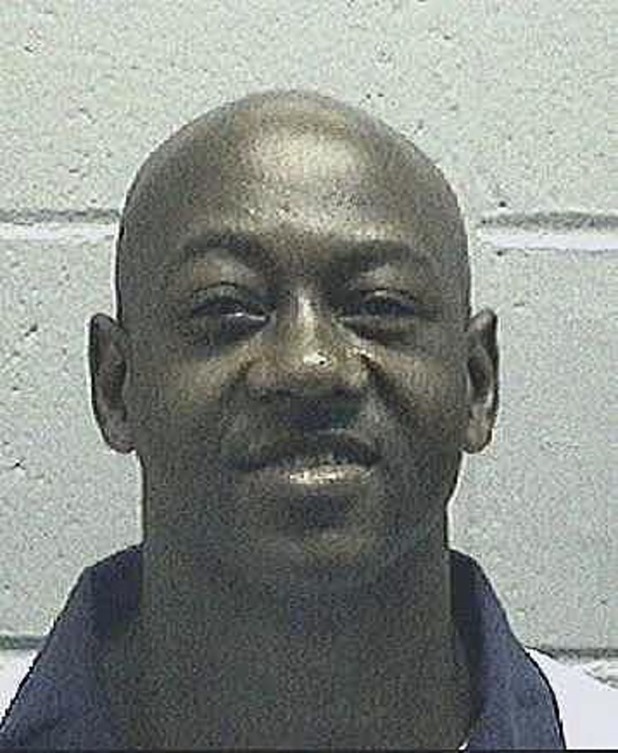Washington Times
November 3, 2015

Prosecutor Stephen Lanier’s meaning was unmistakable when he urged jurors in north Georgia to sentence the defendant to death in part to deter other people “out there in the projects.”
Almost everyone in the public housing apartments near the scene of the killing of a 79-year-old woman in Rome, Georgia, was black, as was defendant Timothy Tyrone Foster. And after Lanier got through picking a jury of Foster’s peers, all the jurors were white. So was the victim.
Foster has been on death row for nearly 30 years, but his case still is making its way through the courts. The actions of Lanier and his staff will be in front of the Supreme Court on Monday, when the justices will consider whether the exclusion of all the black prospective jurors is a form of racial discrimination in violation of Foster’s constitutional rights under a test the high court laid out in 1986.
Georgia courts have consistently rejected Foster’s claims of discrimination, even after his lawyers obtained the prosecution’s notes that revealed prosecutors’ focus on the black people in the jury pool. In one example, a handwritten note headed “Definite No’s” listed six people, of whom five were the remaining black prospective jurors.
The case arrives at the court a few months after Justices Stephen Breyer and Ruth Bader Ginsburg said the court should consider declaring the death penalty unconstitutional. Foster’s case highlights several issues in the wider debate over capital punishment, including questions about his mental capabilities and the length of time he has lived under a death sentence.
